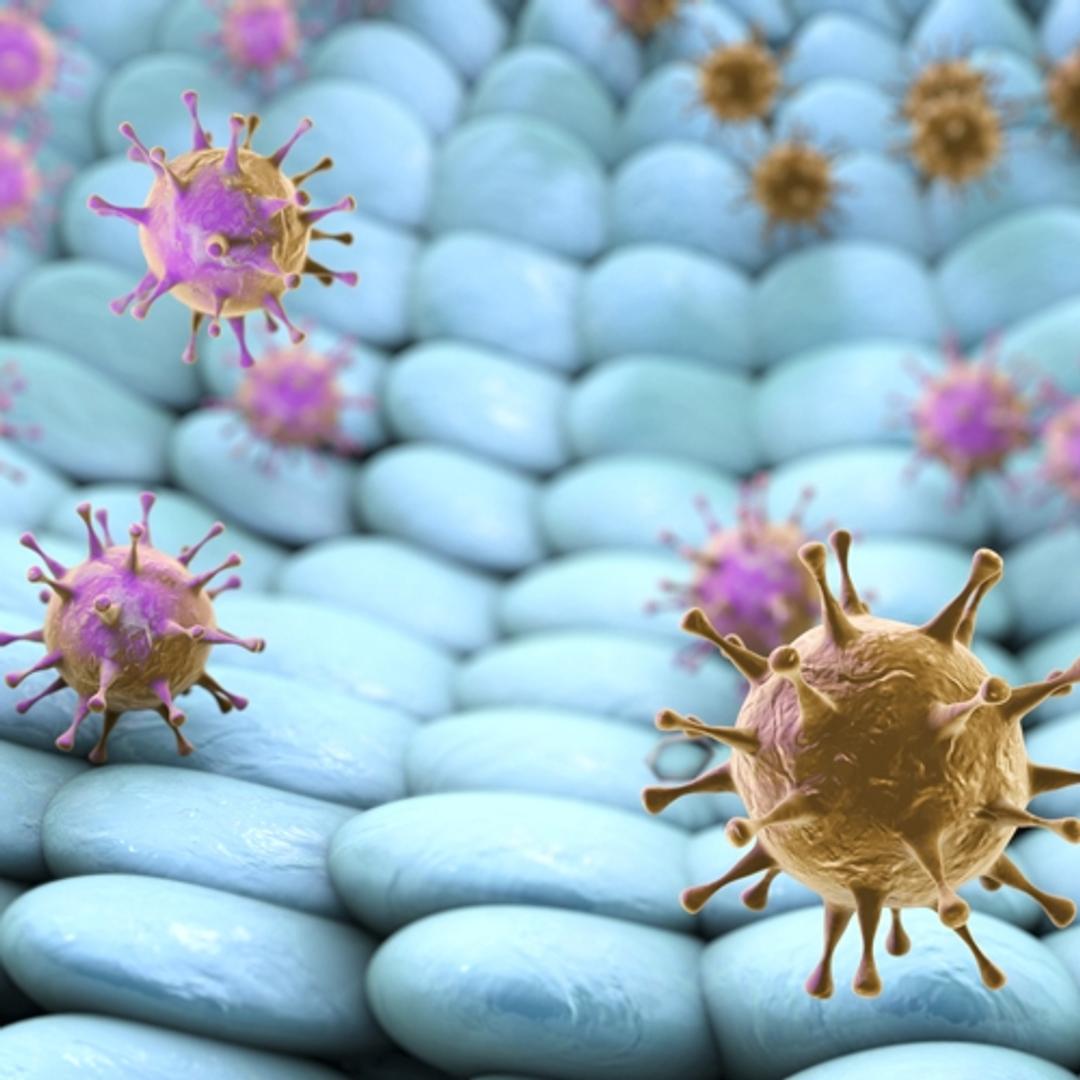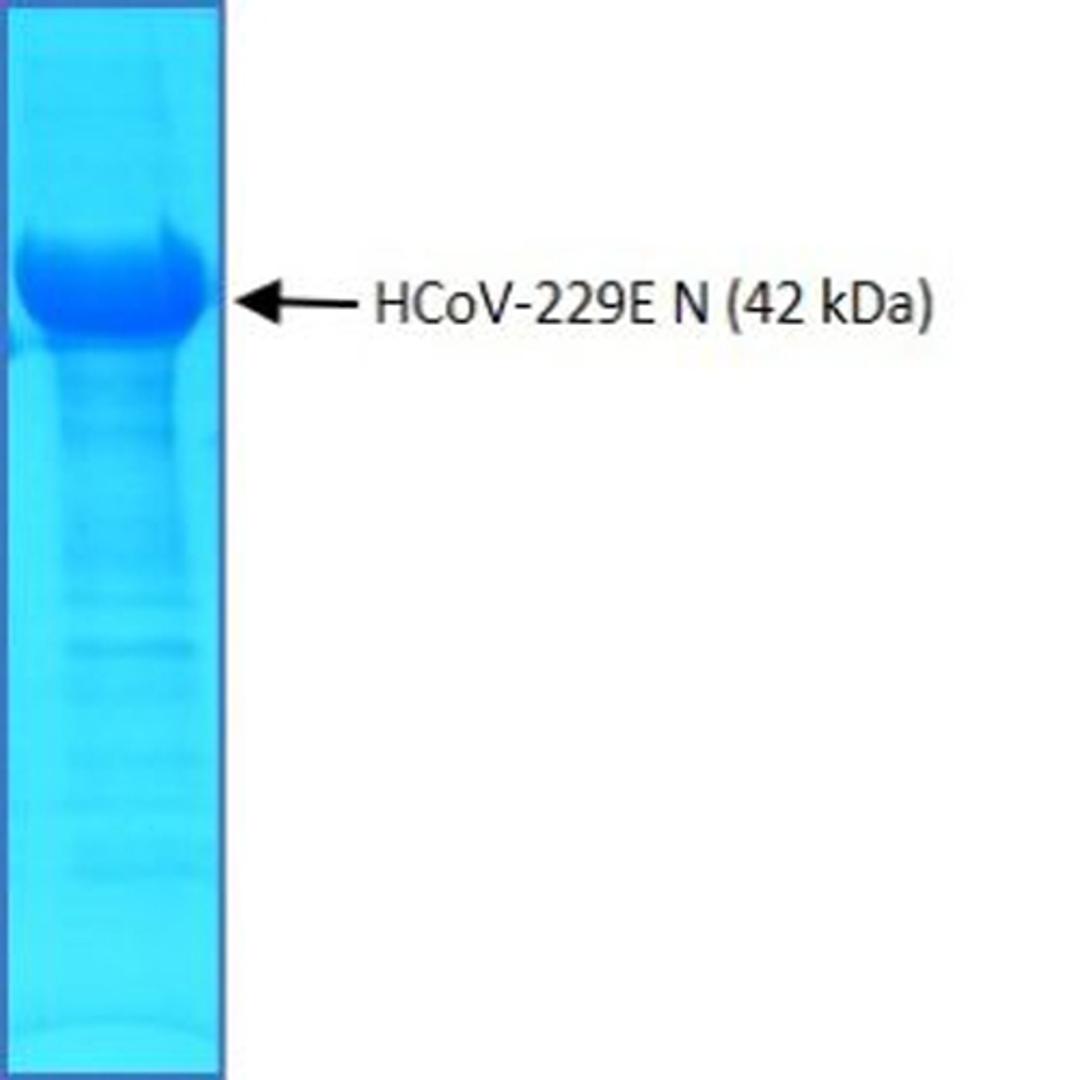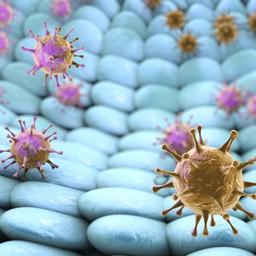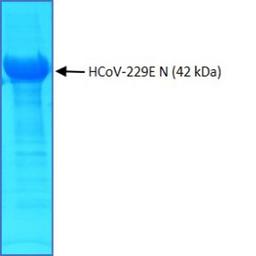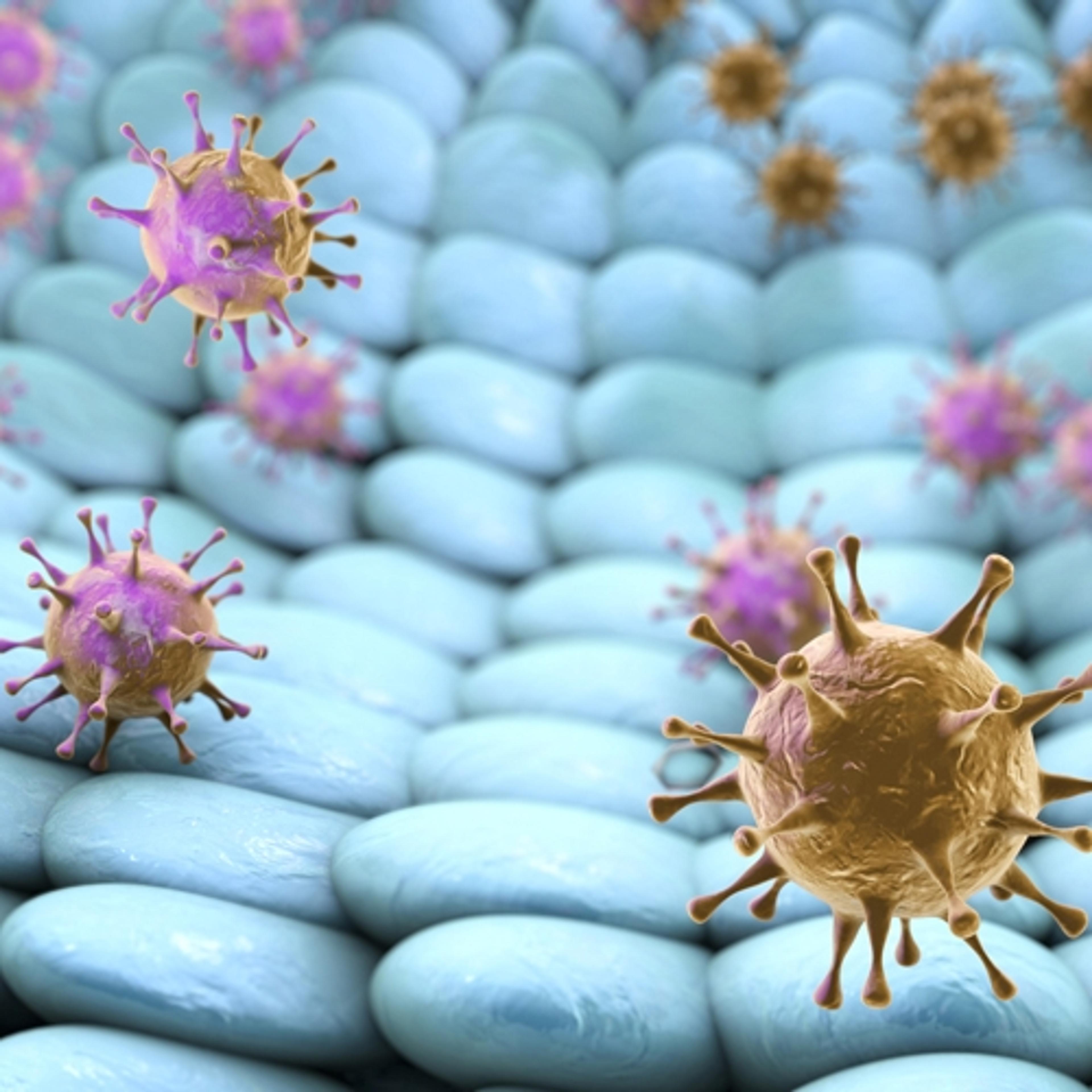Human Coronavirus 229E Nucleoprotein (E. coli)
Human Coronavirus 229E Nucleoprotein is a recombinant protein containing 359 amino acids derived from the nucleocapsid sequence, with a C-terminal 6xHis tag. It is manufactured in E. coli with greater than 95% purity.
HUMAN CORONAVIRUS 229E NUCLEOPROTEIN
Human Coronavirus 229E Nucleoprotein is a recombinant protein containing 359 amino acids derived from the nucleocapsid sequence, with a C-terminal 6xHis tag. The protein is manufactured in E. coli with greater than 95% purity.
PRODUCT DETAILS
- Human Coronavirus 229E Nucleoprotein.
- Recombinant protein manufactured in E. coli.
- Contains 359 amino acids derived from the nucleocapsid sequence, with a C-terminal 6xHis tag.
- Purity >95% as determined by 10% PAGE (Coomassie staining).
- For use in ELISA and other immunoassays.
BACKGROUND
Coronaviruses are enveloped, positive-stranded RNA viruses with a genome of approximately 30 kb (Lai, 1990). In animals they are significant veterinary pathogens, often causing severe disease (Holmes, 2001). Prior to early 2000, only two human coronaviruses were recognized, Human coronavirus 229E (HCoV-229E) and Human coronavirus OC43 (HCoV-OC43) which are a common cause of upper respiratory tract infections (Chibo and Birch, 2006). In late 2002, a third human coronavirus (SARS-CoV) was implicated as the aetiological agent of severe acute respiratory syndrome (SARS) (Drosten et al., 2003). Since then, several more human coronaviruses have been identified, including HCoV-NL63 associated with upper and lower respiratory tract infections (van der Hoek et al., 2004) and HCoV-HKU1 in patients with pneumonia (Woo et al., 2005) and Middle East respiratory syndrome (MERS).
Nucleoproteins, also known as nucleocapsid proteins, are phosphoproteins that are capable of binding to helix and have flexible structure of viral genomic RNA. It plays an important role in virion structure, replication and transcription of coronaviruses, as it localizes in both the replication/ transcriptional region of the coronaviruses and the ERGIC region where the virus is collected. It packages the positive strand viral genome RNA into a helical ribonucleocapsid (RNP) and plays a fundamental role during virion assembly through its interactions with the viral genome and membrane protein M. It also plays an important role in enhancing the efficiency of subgenomic viral RNA transcription as well as viral replication.
REFERENCES
- Chibo and Birch (2006). Analysis of human coronavirus 229E spike and nucleoprotein genes demonstrates genetic drift between chronologically distinct strains. Journal of General Virology, 87, 1203–1208.
- Drosten et al. (2003). Identification of a novel coronavirus in patients with severe acute respiratory syndrome. N Engl J Med348, 1967–1976.
- Holmes, K. V. (2001). Coronaviruses. In Fields Virology, 3rd edn, pp. 1187–1203. Edited by B. N. Fields, D. M. Knipe & P. M. Howley. Philadelphia: Lippincott Williams & Wilkins.
- Lai, M. M. (1990). Coronavirus: organization, replication and expression of genome. Annu Rev Microbiol44, 303–333.
- Woo et al. (2005). Characterization and complete genome sequence of a novel coronavirus, coronavirus HKU1, from patients with pneumonia. J Virol79, 884–895.

